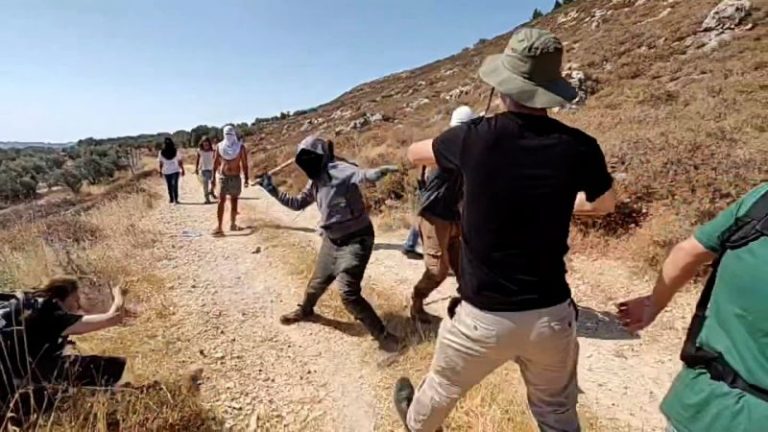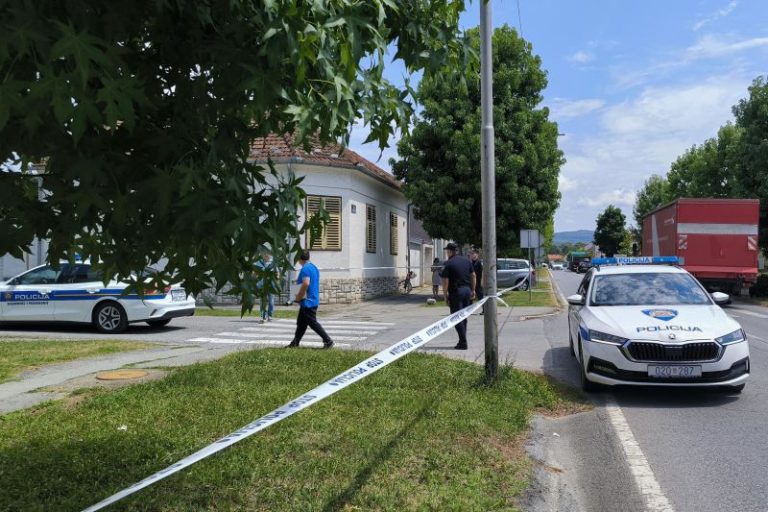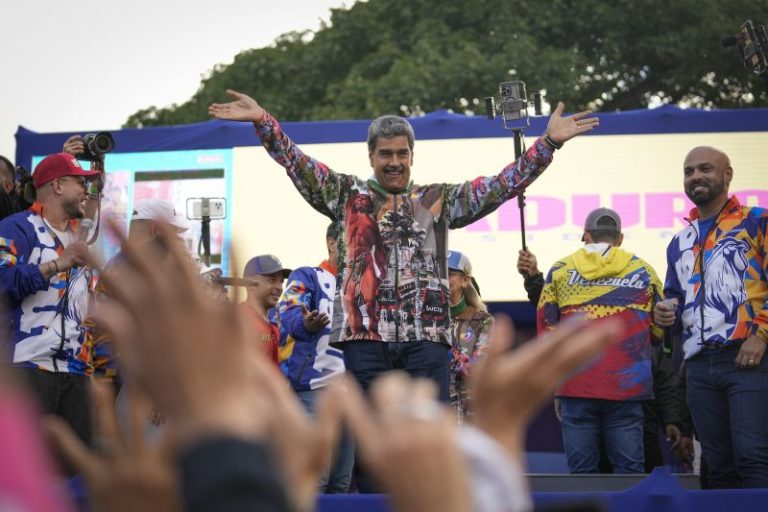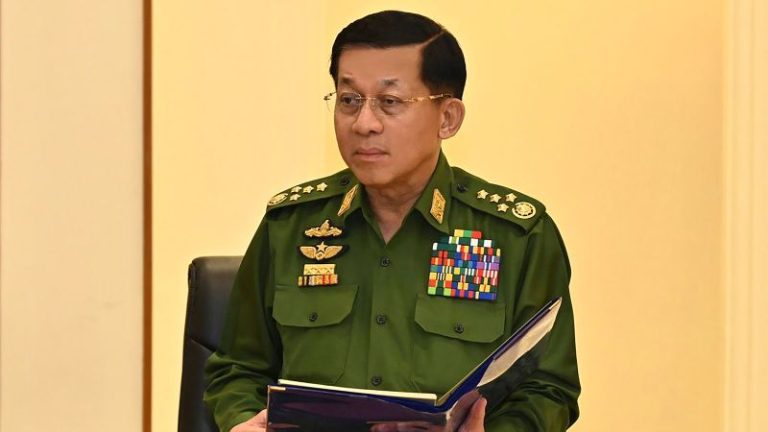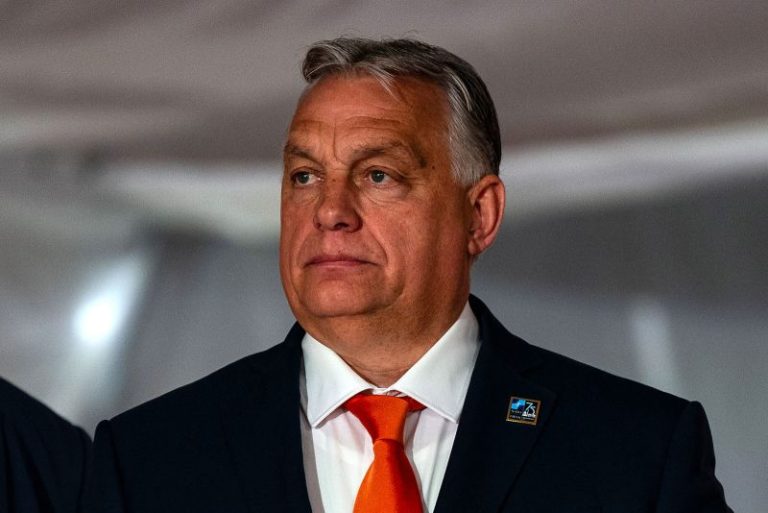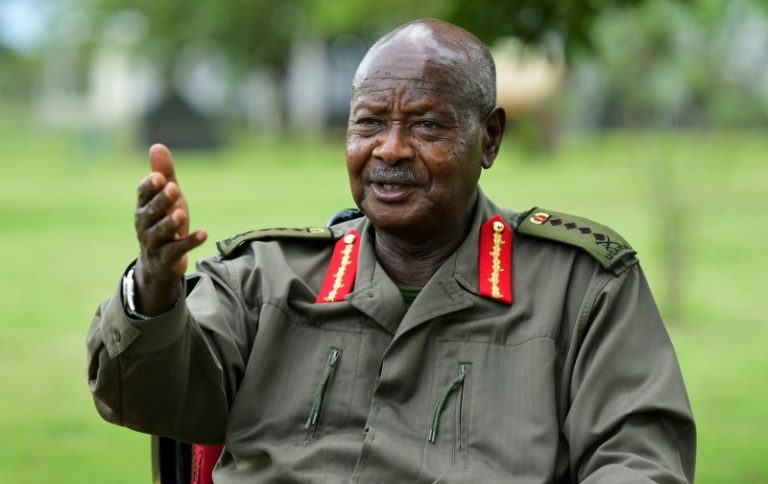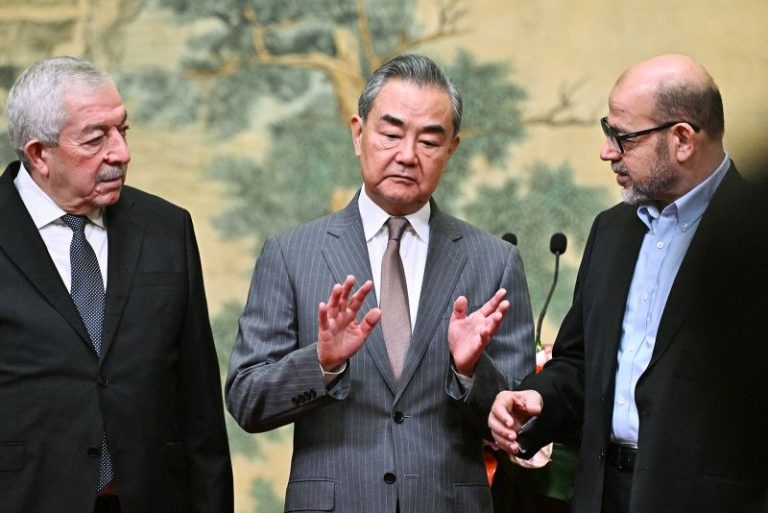It would be easy to dismiss this Sunday’s presidential election in Venezuela as a fait accompli. The country’s opposition movement is challenging Nicolas Maduro, a strongman who has ruled Venezuela since 2013 and has made clear he intends to keep doing so – saying last week that if he were not re-elected, Venezuela might face a “bloodbath.”
Maduro’s government controls all public institutions in Venezuela, and it has been accused of rigging votes in the past, most notably in 2017, when electoral authorities briefly showed the opposition had won a gubernatorial race – only to revert its decision in favor of the government candidate, an episode widely referred to as a glaring example of electoral fraud. In the run-up to this election, a new report by local NGO Laboratorio de Paz says there have been more than 70 arbitrary detentions since the election campaign formally began on July 4.
And yet, uncertainty is the mantra in Caracas these days. The opposition campaign has re-energized its bases, and the candidature of Edmundo González has attracted widespread support in Venezuela and abroad. There’s widespread agreement that Maduro’s government is facing its toughest electoral moment in the last 25 years
The stakes are high – both here and abroad.
“On the ballot is how long it’ll take to fix Venezuela’s economy,” said Asdrubal Oliveros, founder of Caracas firm Ecoanalitica, in his weekly podcast on July 8.
Under Maduro, oil-rich Venezuela has suffered the worst economic crash in a peacetime country in recent history. Once the fifth-largest economy in Latin America, today Venezuela’s economy has shrunk to the equivalent of a medium-sized city, smaller than say, Milwaukee, according to data from the IMF.
After years of chronic shortages, most basic goods are widely available in Venezuela, but too expensive for most people to buy. Today, minimum wage is about three dollars per month, supplemented with the equivalent of $40 in government benefits, such as food stamps and subsidized gasoline, and more than eight out of 10 Venezuelans live below the poverty line, according to an independent survey by the Andres Bello Catholic University in Caracas.
While the opposition claims the crash is due to Maduro’s policies and chronic corruption, Maduro argues Venezuela has been the victim of “economic war,” including widespread US sanctions on oil, a crucial Venezuelan export, which were imposed in 2019, when Venezuela’s economy was already on the floor.
But a Gonzalez win could change that – particularly if the United States lifts its sanctions to welcome the democratic regime. Venezuela holds the largest oil reserves in the world. If elected, Gonzalez aims to make Venezuela “the energy hub of the Americas.”
On the international front, the vote’s outcome is expected to be felt across the Americas – including the United States – in the form of migration. As Venezuela’s economy has crumbled, around eight million Venezuelans have already fled their country, many of them scattered across South America.
A recent survey from Venezuelan pollster ORC Consultores found that more than 18% of the respondents plan to migrate from the country by the end of the year if Maduro wins.
On the other hand, a win by Gonzalez and the democratic opposition would be a historic event, swinging the geopolitical pendulum in Latin America and beyond.
The Maduro government is a staunch ally to China, Iran and Russia. Less than 1,400 miles from Miami, Caracas is often touted as a bridgehead for Russian President Putin and Chinese leader Xi Jinping in Washington’s backyard. Another regional ally, Cuba, currently receives free shipments of Venezuelan crude to sustain its industries.
Under Maduro, Venezuela has also grown increasingly isolated, quitting regional forums such as the Organization of American States, and its membership of the Mercosur, Latin America’s largest economic union, has been suspended.
Gonzalez, a twentieth-century diplomat who’s lived in Algiers, Brussels and Buenos Aires and speaks English and French on top of his native Spanish, would be expected to turn toward democratic governments in the region, including Washington, and work to rebuild international ties. He also plans to kindle ties with multilateral organizations such as the IMF, the World Bank and the Inter-American Development Bank, to bring in much-needed cash to subsidize the economy, at least in the short term, according to the opposition’s economic platform.
And that is, perhaps, the highest stake in Sunday’s election.
Recent years have been described as a crisis for democracy, from Brexit to the rise of neofascism in Europe; from eroding democracies in India, Turkey, the Philippines and all over the global south, to the rise of Donald Trump as US president and now reelection candidate.
But a new dawn in Caracas would be proof that representative democracy is still attractive enough to those who don’t enjoy it.
This post appeared first on cnn.com


